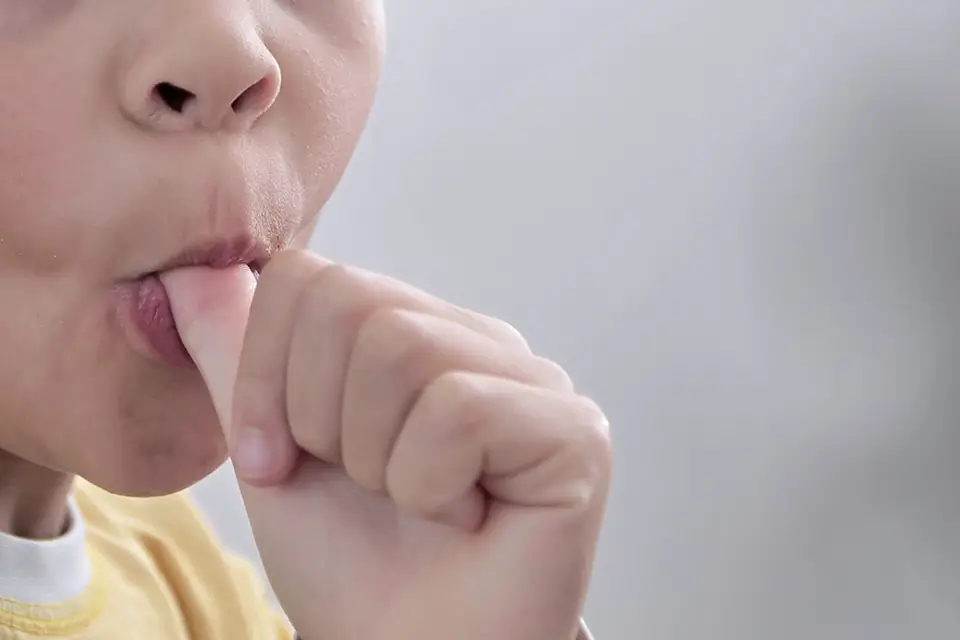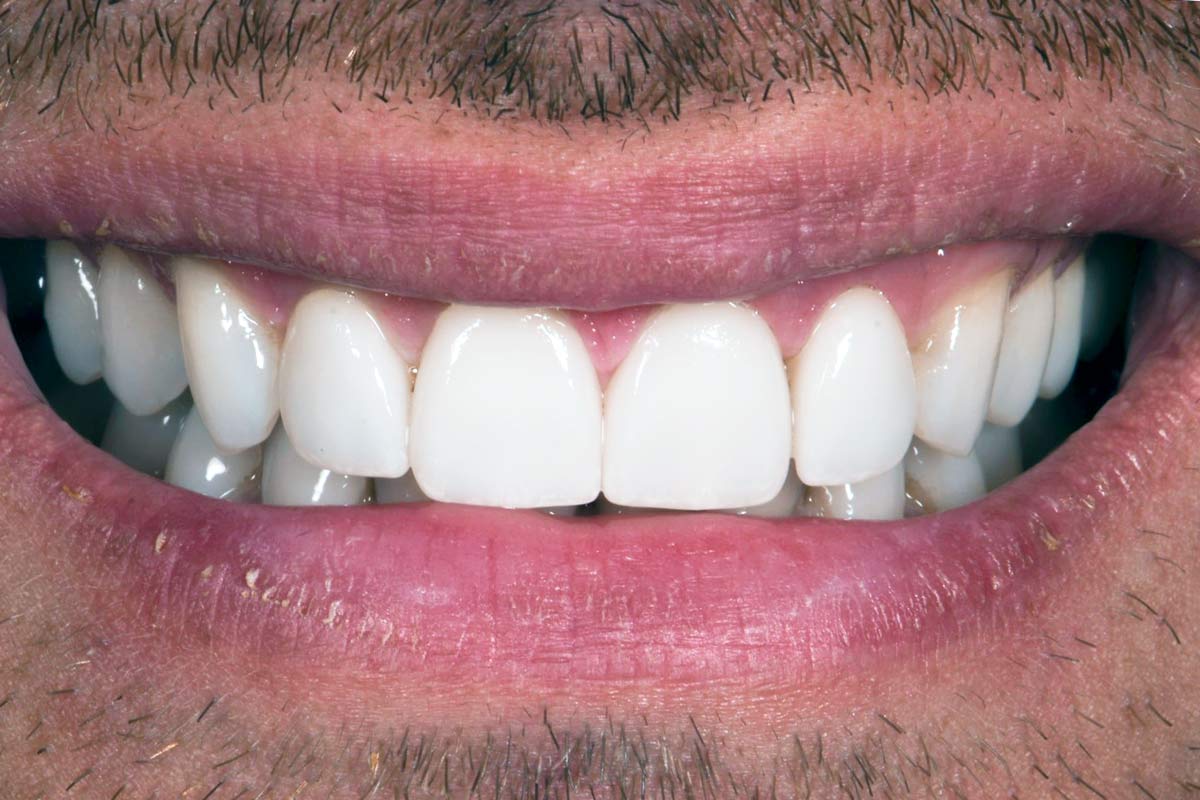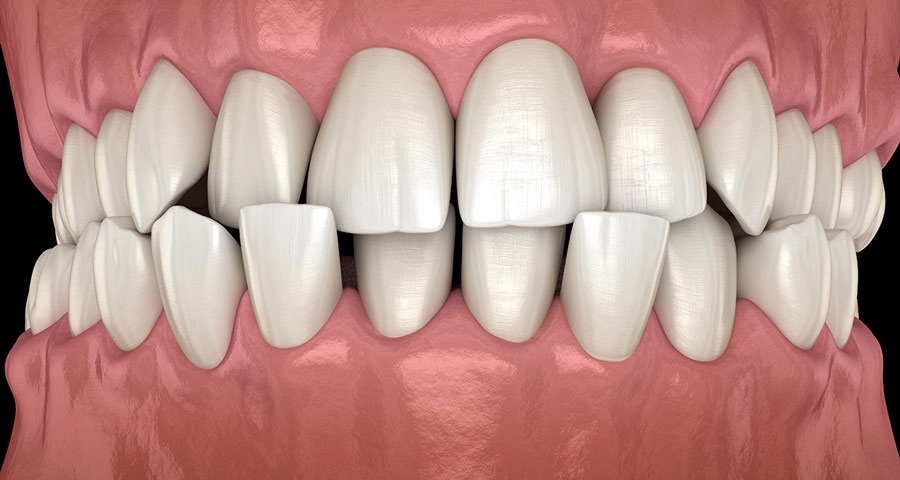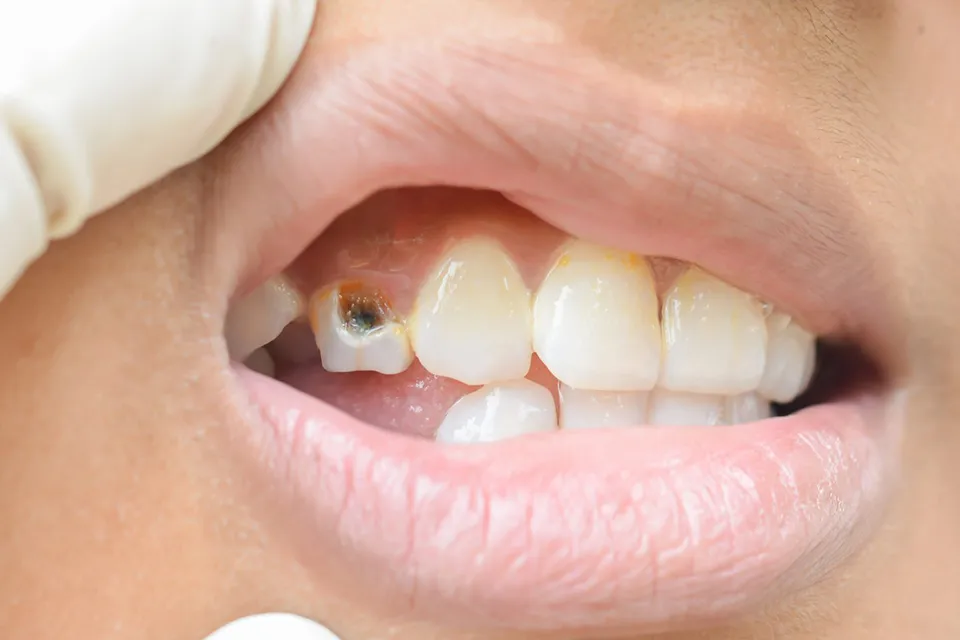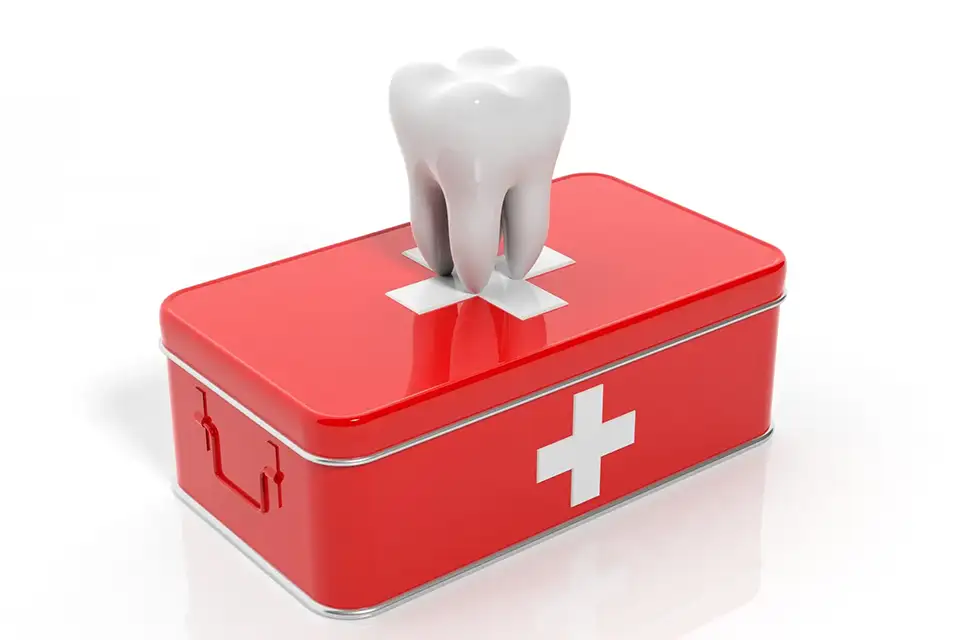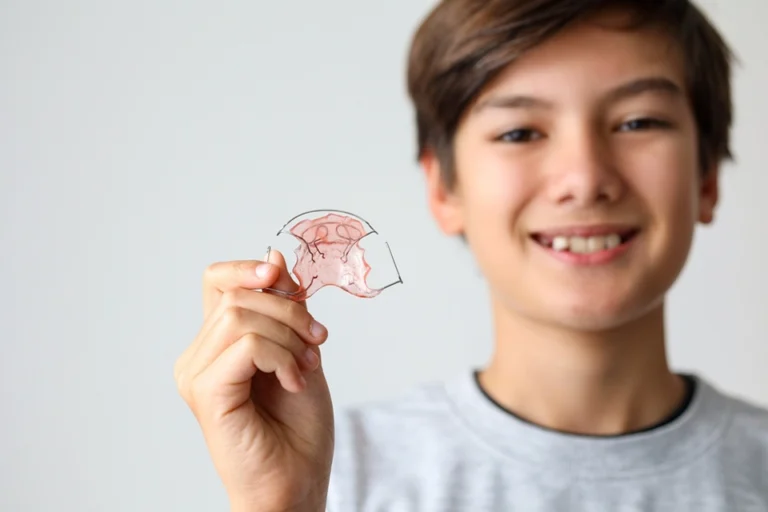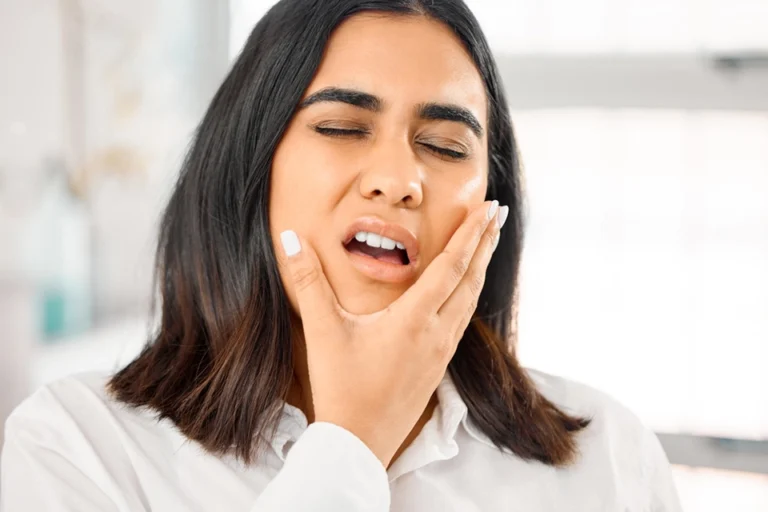People who have their jaws well aligned that they fold upon each other consider it an important sign of good oral health. As the name implies, a crossbite describes teeth that do not perfectly fit each other as a person closes their mouth. If someone has a crossbite, whole groups of lower teeth will fit in their front upper teeth. Has the question of “what is a crossbite teeth?’ ever crossed your mind. Let’s find out since it’s quite common to orthodontists and dentists.
What Is A Crossbite?
A Crossbite is a teeth problem affecting the alignment of your teeth. The common indicator of a crossbite is where your upper teeth fit behind the lower teeth once you close your mouth or at rest. The condition might affect your mouth’s front teeth or at the mouth back area.
Most people confuse this condition with an underbite. However, they are both dental malocclusion types, and they are also similar. The significant distinction between an underbite and a crossbite is that only a group of your teeth are likely to be affected with a crossbite, while an underbite will affect all of your teeth.
A crossbite may result in painful symptoms and complications; nevertheless, treating this condition is possible through crossbite treatment from a qualified dentist.
Types of crossbite
Anterior Crossbite
An anterior crossbite condition is a lingual obstruction of upper front teeth (canines and incisors) with lower front teeth. With this kind of malocclusion, nearly all upper front teeth fit behind your lower front teeth. Besides, some cases happen to be that the lower anterior teeth cover your upper anterior teeth.
Posterior Crossbite
A back crossbite (posterior) is the converse of (anterior) a front crossbite. With this malocclusion type, the upper back’s molars fit inside the molars of the lower back.
Between eight to16 percent of kids have this condition. Posterior misalignment condition is a result of uneven narrowing of your teeth and palate in the top jaw. This condition might develop on either part or one side of your mouth.
Crossbite Symptoms
If you are experiencing any of the following listed symptoms, there is an excellent possibility that you have a crossbite condition.
- Inability to speak properly
- Dental wear
- Pain in your jaw
- Jaw and tooth pain
- Intolerable headaches
- Abnormal facial development
- Failure of your lower teeth and upper rows to touch each other
- Teeth grinding
- Biting on your tongue and inner cheek while speaking or eating
What Causes a Crossbite?
A crossbite may result from abnormal teeth eruption, genetic factors, prolonged mouth breathing (especially when you are sleeping). Additionally, childhood habits can lead to crossbite conditions, for instance, thumb sucking. Discussed below are the causes of a crossbite.
Genetics
The main grounds of a crossbite condition are genetic related. Some individuals are born having a larger bottom jaw and a smaller top jaw. Since narrow teeth and palate may be running in some families, it can lead to a crossbite once the children’s teeth start to grow.
An orthodontist can advise for a growth adjustment tool if this happens to be the case. The device dilates your kid’s upper jaw at an early stage in preparation for orthodontic medication once the kid’s permanent teeth begin to grow.
Inhaling into the Mouth
Breathing through the mouth can change your facial growth. Inhaling into the mouth usually occurs when one is sleeping. If your kid has a small top jaw already and is breathing through the mouth, the chances of a crossbite are even higher.
Delayed Permanent Teeth Eruption
Too many held teeth refer to deciduous teeth that have become loose but then stick back into the gums. By sticking around, they prevent the permanent teeth from erupting. If this happens in a kid’s upper jaw, the dentist must pull the teeth out to avoid a crossbite with the lower jaw or teeth. In the case where permanent teeth erupt and result in a crossbite condition, worry no more. Seek an orthodontic specialist who knows how to correct crossbite to get the tooth in place.
Childhood Habits
Sucking habits may change the growth of your child’s jaw. These childhood habits include finger sucking, overuse of a pacifier or bottle, bad chewing habits, and thumb sucking.
Complications and Risk Factors of Untreated Crossbites
Some of the general risk factors related to the failure of treating a crossbite include the following.
- Dental cracks or flakes as a result of abnormal obstruction between the lower and upper teeth.
- Increased cavities risks and gum disease, for instance, periodontal disease and gingivitis.
Gum disease, a severe oral condition in which tooth roots are exposed to decay and infection. This is due to periodontal disease, incorrect tooth position, and malocclusion.
Can a Crossbite Lead to TMJ?
The answer to this is yes. If a crossbite is left untreated, it might lead to some jaw problems. More TMJ precisely (temporomandibular joint dysfunction) is a condition that leads to pain and dysfunction in the jaw.
It can also result in dysfunction and pain to your jaw’s surrounding muscles that control their movement. This condition can develop over time if crossbite goes untreated.
How to Get Rid of Crossbite
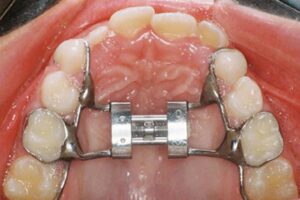
How Are Crossbites Fixed
In most cases, fixing crossbite includes orthodontics, involving options such as braces. Braces are generally applied in early adolescence or childhood when the kid’s jaws are growing and developing. Nevertheless, it is certainly not too late to seek out treatment of crossbite in dentistry. Orthodontists will treat both adults and children.
Crossbite treatment is usually in stages and sometimes necessitates removing the primary teeth and, at times, permanent teeth. Fewer are the cases where surgery might be required, particularly in severe cases. A maxillofacial specialist performs this orthognathic surgery to reduce the lower jaw. This procedure allows the specialist to align the teeth properly.
A healthy mouth and teeth care, such as flossing and brushing, is essential for the best outcomes during any treatment. Braces might be a significant challenge to keep teeth healthy and clean. To help you prevent decay, your teeth hygienist may suggest cleaning techniques.
Orthodontists can more easily adjust the alignment and the shape of the teeth and jaws of young patients. Dental restorations or braces might still be successful in accommodating minor misalignment, even in elderly patients. However, patients experiencing severe crossbite might require dental surgery.
The type of crossbite, the cause, and your age will affect the treatment your orthodontist or dentist recommends. Following are six possible crossbite treatment alternatives:
Braces
Braces will straighten the top and bottom teeth to position the bite correctly. Both adults and children can use props to correct this condition.
Palatal Extensions
Having a smaller upper jaw that does not fit properly over the lower jaw causes the crossbite. Your dentist might widen the patient’s upper jaw size using palatal expanders.
Fixed expanders will, bit by bit, increase the jaw with the help of an aid tool. Patients can still use removable expanders, which they will have to wear at night.
Headgear
The headband is usually attached to your face and head, where they exert light pressure on a patient’s teeth using threads. The pressure on the jaw and teeth may increase and thus slowing the growth of the jaw. Headgears are usually recommended for teenagers and children since their jaws are not hard to adjust, and also they are still growing.
Tooth Extraction
The orthodontist may recommend tooth removal to create more room for moving the bottom teeth back before applying the braces.
Dental Restorations
Gluing, reshaping, and capping teeth may also help improve teeth alignment.
Surgery
It is generally a challenge when it comes to adult jaws. To adjust and correct adult crossbites, your orthodontist or dentist may recommend corrective surgery because it might be impossible to use non-invasive treatments.
Oral Care Throughout Treatment Period
Work closely with your teeth hygienist to maintain a healthy oral hygiene routine during the treatment period. Tooth decay-causing bacteria might build up in crannies and nooks around braces. The fact is, only through the help of a dentist you might be able to correct this condition. Talk to your dentist any time you have a need related to malocclusion or crossbite. The dentist will find the best treatment to suit your case, and you will have your misaligned bite fixed.
Does Crossbite Need to Be Corrected?
You may choose not to take any crossbite treatment measures. However, bear in mind that the drawbacks are beyond aesthetics.
If you do not seek crossbite treatment, there is a higher possibility that you will develop other teeth problems. Unstraightened teeth are more challenging to keep clean, increasing the risk of gum disease and tooth decay. There are several chronic medical disorders related to an untreated crossbite, like sleep apnea and TMJ.
Crossbite Correction in Adults
Crossbite correction in adults frequently necessitates orthodontic treatment, including clear aligners or braces. In some cases, surgical intervention may be necessary to realign the jaw. Early treatment in children is preferred, but adults can achieve successful results with the right approach.
Lingual Crossbite
A lingual crossbite occurs when the upper teeth are positioned behind the lower teeth when biting down. This type of crossbite may result in speech difficulties and affect the tongue’s space. Dentists often use braces or expanders to treat alignment issues.
Severe Crossbite
Severe crossbite cases may entail severe misalignment, necessitating a combination of orthodontic and surgical treatments. Early intervention is critical to avoid further dental problems and achieve the best possible outcomes.
Crossbite Jaw
A crossbite can cause jaw misalignment, resulting in discomfort and functional issues. Correcting the jaw position with orthodontics or surgery can help to reduce these issues and improve overall oral health.
Underbite vs Crossbite
While both underbites and crossbites involve tooth misalignment, they are distinct conditions. An underbite occurs when the lower teeth protrude beyond the upper teeth, while a crossbite involves one or more upper teeth biting inside the lower teeth. Each condition requires specific treatment approaches.
The Cost of Crossbite Corrective Treatment
Medical insurance can cover part of the crossbite corrective treatment cost if it is medically essential. That is to say, if the crossbite is causing some side effects that negatively affect your life quality. A doctor or dentist can advise the insurance firm to cover your treatment cost in such a case.
Some dental insurance plans may cover treatment for a dependent child’s crossbite, where orthodontics is listed in the insurance policy. Dental insurance policies hardly cover adult orthodontic treatment; however, it could be good if you enquire about it. This is particularly when your case is medically crucial.
Without an insurance plan, the cost of correcting crossbite vary depending on the level of treatment you require to fix the condition.
- Oral surgery is usually the most costly alternative, costing more than $20,000.
- Adults and kid’s braces can cost between $3,000 and $7,000.
- Palate expanders are the most affordable and simplest option, ranging from $2,000 to $3,000.
Conclusion
Crossbites are common disorders that might result in other severe complications if you don’t seek professional treatment.
There are proven and established treatment options for crossbite in children and adults. If you think you have a crossbite, plan for a consultation with us. Our orthodontist and dentist at Zara Dental in Houston, Texas, will diagnose you or your kid and arrange for your subsequent steps.

